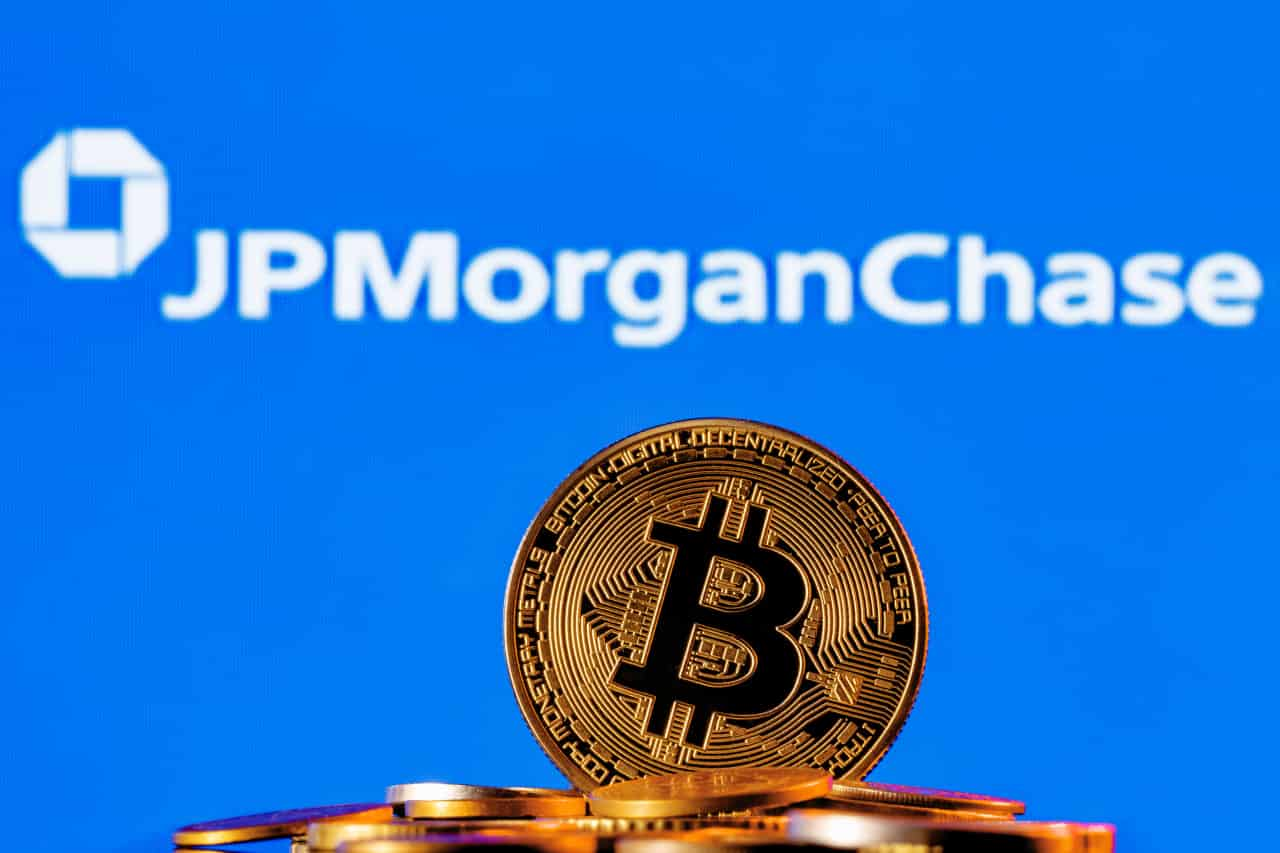
The cryptocurrency world is embroiled in a heated debate as JPMorgan Chase & Co. (NYSE: JPM) faces significant backlash from the crypto community. The controversy began after prominent Bitcoin advocate and Strike CEO, Jack Mallers, revealed that the bank abruptly closed his personal accounts, citing unspecified compliance concerns.
Jack Mallers Calls Out JPMorgan
In a bold move, Jack Mallers shared an image of the account-closure letter on X (formerly Twitter), highlighting what appears to be a terminated longstanding banking relationship with little explanation. The incident has raised alarms in the crypto space, fueling debates about traditional financial institutions’ treatment of Bitcoin-focused entities and other digital asset businesses.
JPMorgan’s Bitcoin Warning Adds to the Tensions
Adding to the controversy, JPMorgan’s research division issued a report targeting Strategy (NASDAQ: MSTR), a prominent Bitcoin-holding company. The report suggested that the company may face forced sales of up to $8.8 billion if major index provider MSCI Inc. removes ‘digital asset treasury companies’ from its listings by early 2026. This statement caused ripples of concern in both crypto and stock markets, as Strategy’s financial health is intricately tied to Bitcoin prices.
Crypto Community Mobilizes Boycott
The crypto fraternity has rallied against JPMorgan, with high-profile figures like Grant Cardone and Max Keiser urging people to close their accounts. Users have taken to social media to post screenshots of their account closures and vow to move their holdings elsewhere. One viral post read, ‘I canceled my JPM account and moved everything to Wells Fargo. Don’t use Chase credit cards if you’re concerned about fraud.’
While JPMorgan’s stock remains steady in pre-market trading, the reputational damage and potential deposit withdrawals could put pressure on the bank if the boycott gains further traction. Should cumulative withdrawals or transaction declines grow significantly, it may even affect stock valuation.
Implications of the Crypto-Bank Divide
This issue underscores the wider tension between crypto-native businesses and traditional banks. When a leading financial institution is perceived to be undermining digital asset companies, it can spark rapid and widespread backlash. This latest incident is a stark reminder of the significant gap between the decentralization ethos of cryptocurrencies and the centralized policies of banks.
Explore Your Crypto Options
For those looking to move to crypto-friendly platforms, consider exploring eToro. With its user-friendly interface and 0% commission on stocks, along with the ability to trade cryptocurrencies, stocks, and precious metals, it’s a versatile choice for modern investors. Learn more about eToro and their offerings at eToro’s official website (Capital at risk. Terms apply).
As the debate between the crypto industry and traditional banking continues, one thing is clear—these moments will shape the future of financial relationships.






